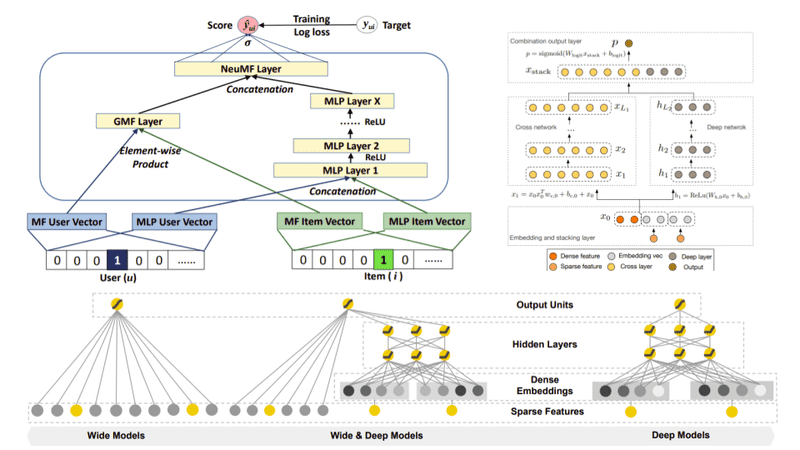

Artificial intelligence won’t destroy our world, but will definitely change it. It could deepen inequalities in unforeseen ways – and human contact could fall victim to its progress, writes Phoebe Arslanagic-Wakefield
Spend too much time on Twitter and you quickly become inured to the predictions of techie soothsayers that humanity’s last days will be lived out under the thumb of an omnipotent artificial intelligence. But putting the end of our species to one side, how else might the substance of our societies be subtly shaped into a new form by the integration of AI into our daily lives?
This includes not only the major question of whether AI, in automating white-collar jobs, will hollow out the middle classes and widen wealth inequalities, but also how the advantages and disadvantages of AI-enhancements will be shared out.
Might the richer among us enjoy luxuriantly lazy AI lifestyles in homes run by digital assistants, while those lower down the socio-economic scale still have to get up to switch on the light or – gasp! – drive their own car?
Wealthier people’s easier access to new advances might easily be the first thing one thinks about when reflecting on how AI could end up deepening inequalities. But increasingly, it is the non-tech, “human experience” that is the preserve of the super-rich.
Already, ordinary people are corralled by businesses that use chatbots to handle customer service. Dealing with my bank recently, I ran a gamut of robot voices as I struggled to make my way to a human being who might actually be able to help me. Is this an experience familiar to the customers of the private Coutts Bank, for which you need £1 million in investable assets to open a current account, and whose clients include the King? It seems unlikely.
AI’s reach will go beyond the purely commercial. Gillian Keegan, the Secretary of State for Education, has called for AI to enter the classroom and take “the heavy lifting out of teaching” by automating marking and lesson plans. Major international institutions like UNESCO are similarly excited about the applications of AI in education, through innovations that include highly personalised classroom experiences that use ‘intelligent tutoring systems’.
Wealthy families are likely to pay for a very different experience. Tech-elite Silicon Valley parents – including Google CEO Sundal Pichai – are known for their commitment to providing their kids with ‘screen-free’ childhoods. In the UK, institutions like The London Acorn School list “an over-reliance on technology is detrimental to children” as a core belief, priding themselves on tech-free classrooms. British parents who want to secure their child a place in this analogue world can do so for a little over £10,000 a year.
Similarly, in the teeth of a mental health crisis, a cost-of-living crisis, and long NHS waiting lists, digital mental health is big business and AI has a role to play there too.
Take Woebot, an AI-enabled ‘automated conversational agent’ that offers users Cognitive Behavioural Therapy (CBT). The app’s CEO claims it has tens of thousands of users. Woebot is free, but a CBT session with a flesh and blood therapist will set you back around £60 to £100 an hour. Even remote therapy companies – they advertise aggressively on political analysis podcasts, make of that what you will – offer sessions for a similar price.
The result of this trend might be a world in which the differences between the lives of the haves and have-nots is not demarcated by who flies first class or chooses a staycation. Instead, the divides may stand starkly between those who can afford a human tutor for their child or an appointment with a human therapist, and those who must rely on affordable, but cookie cutter, advice dispensed by AI.



